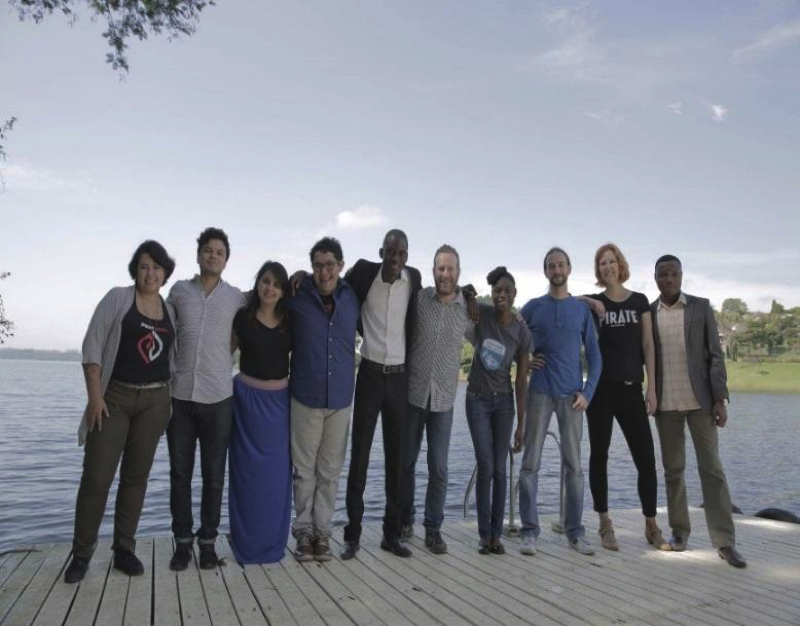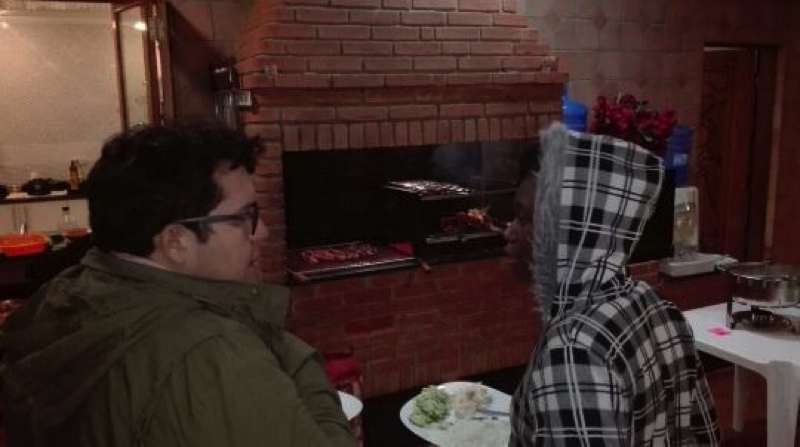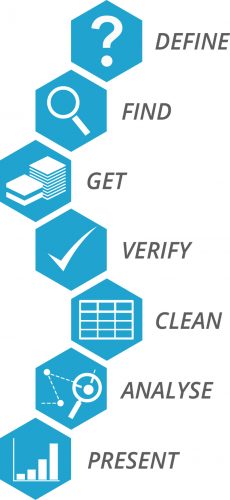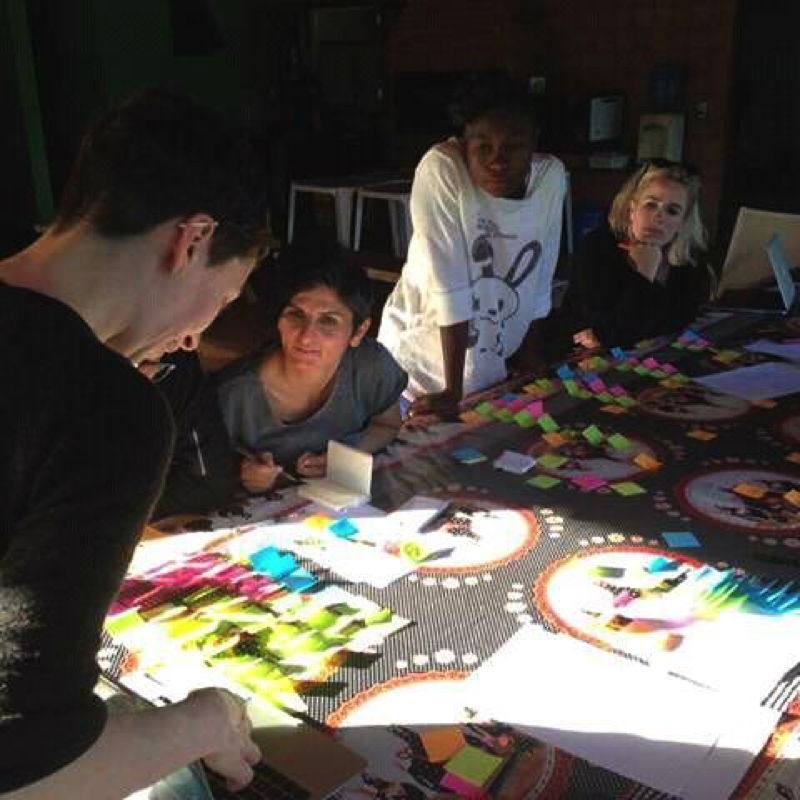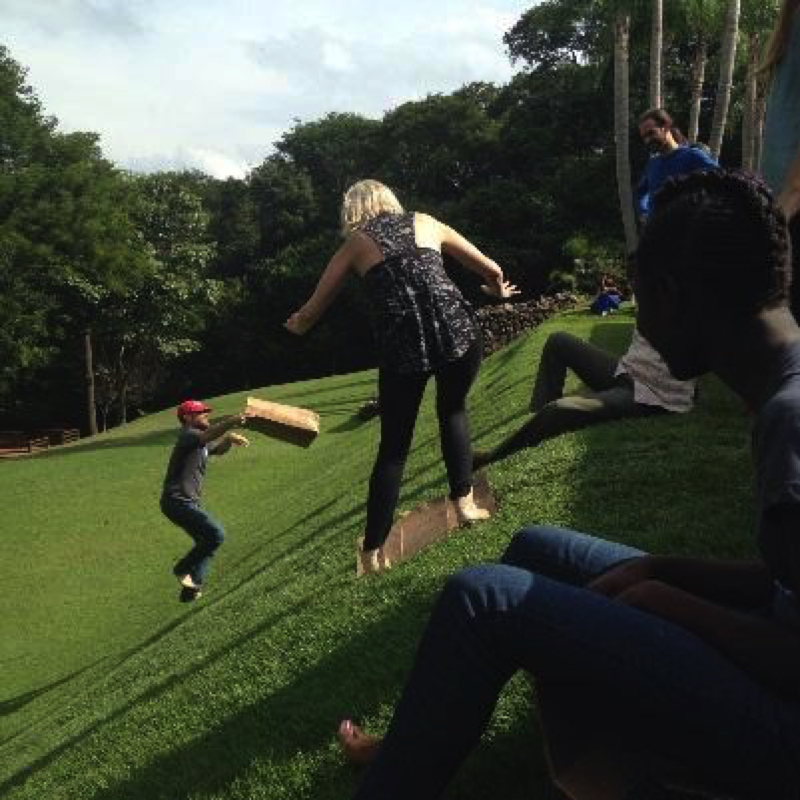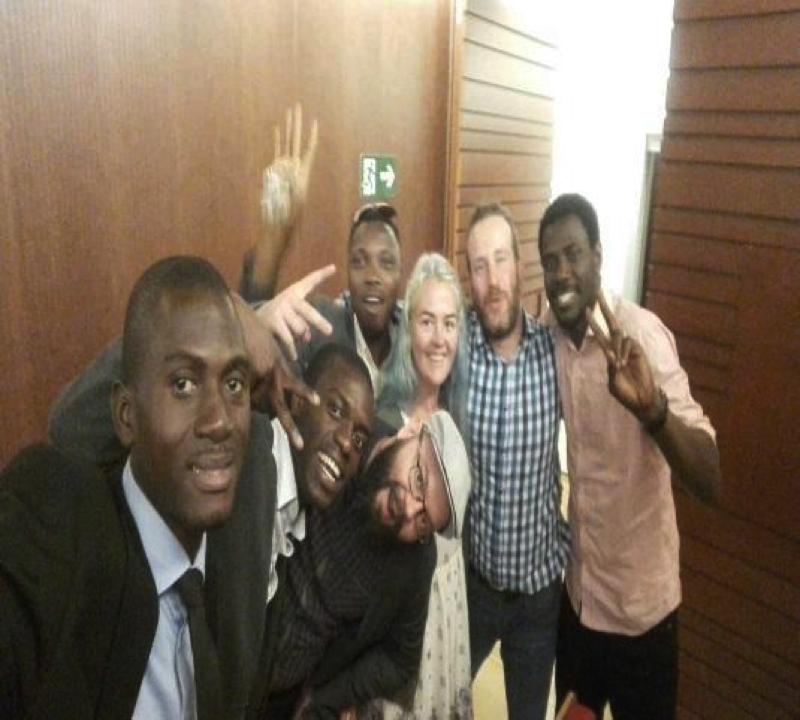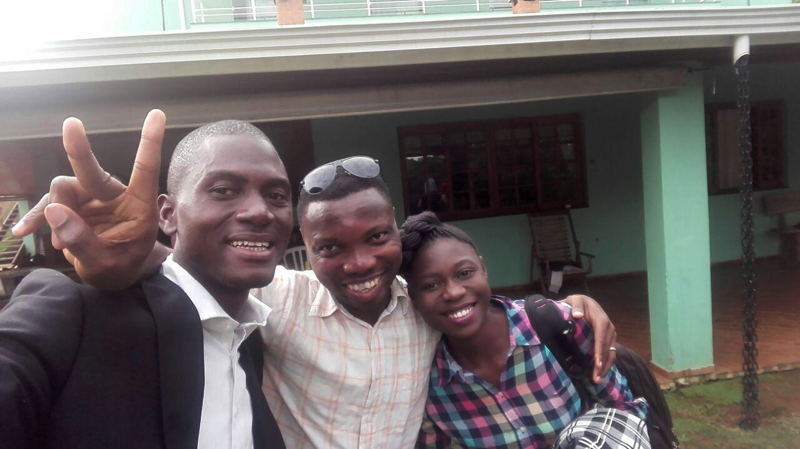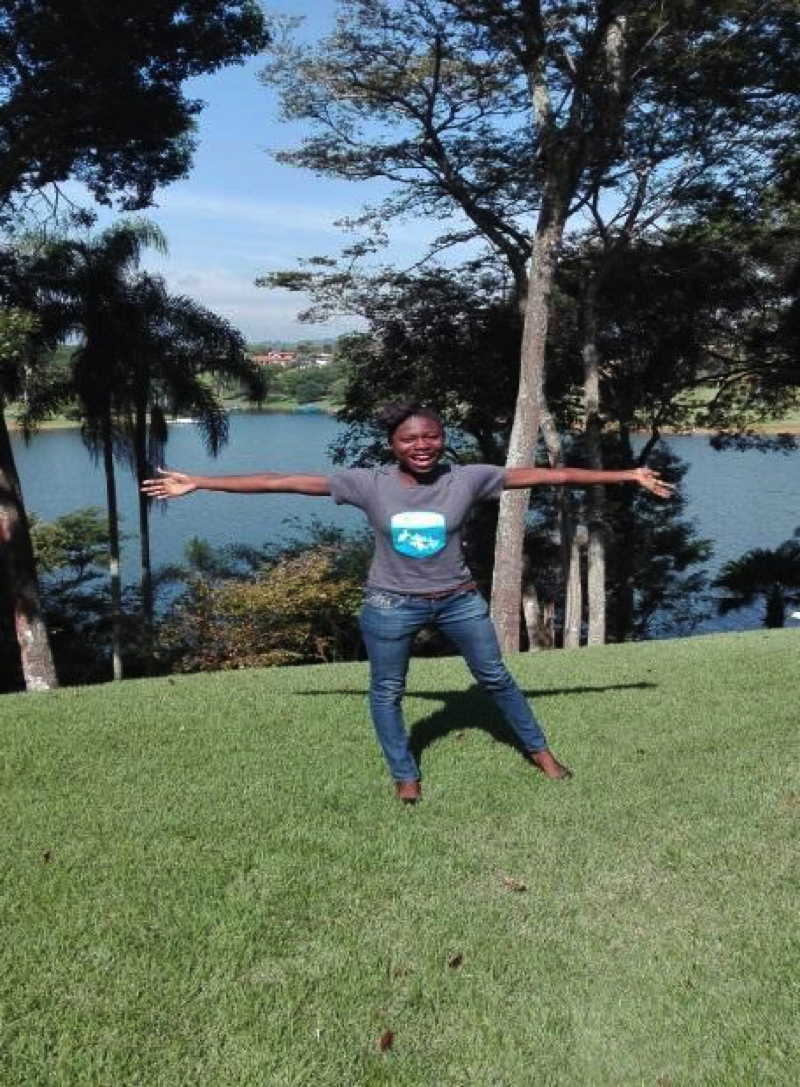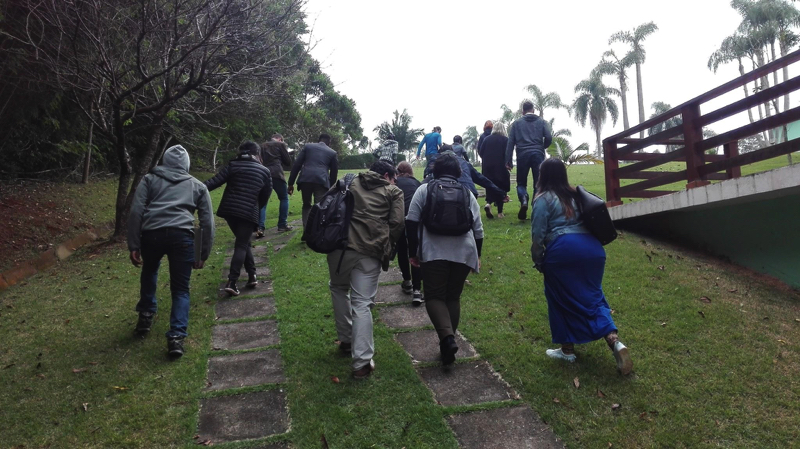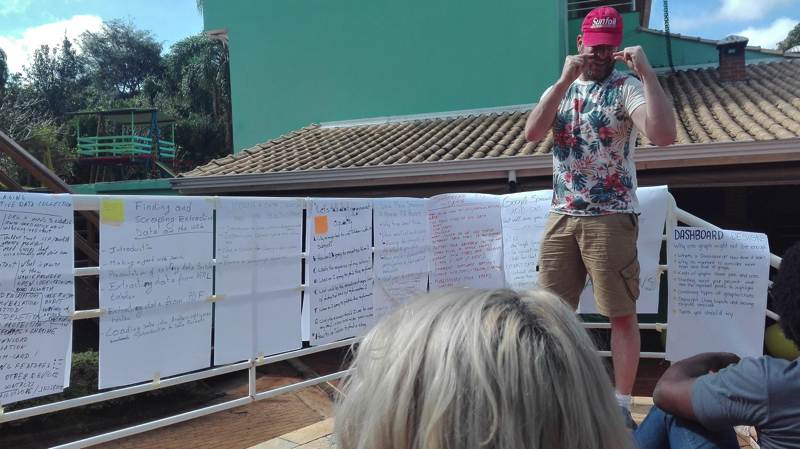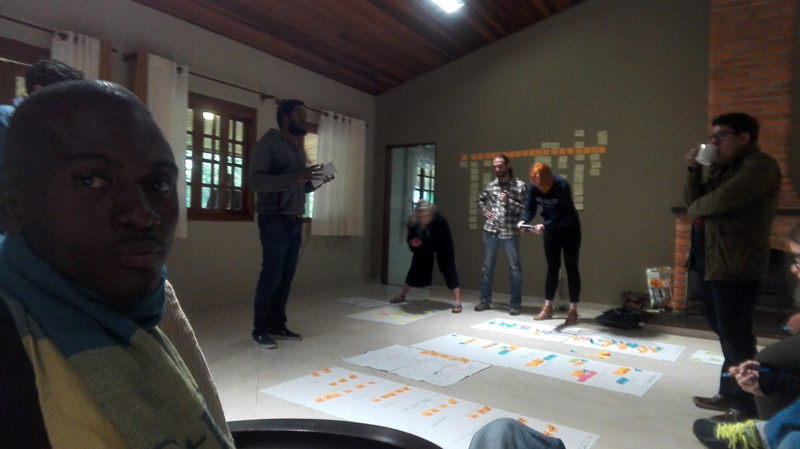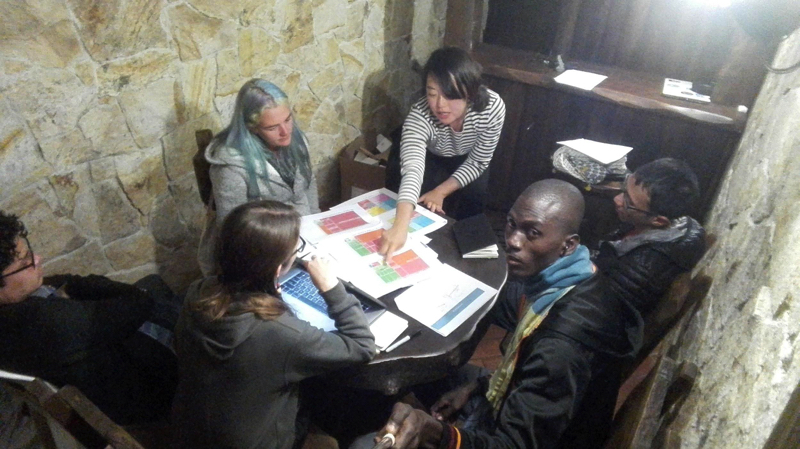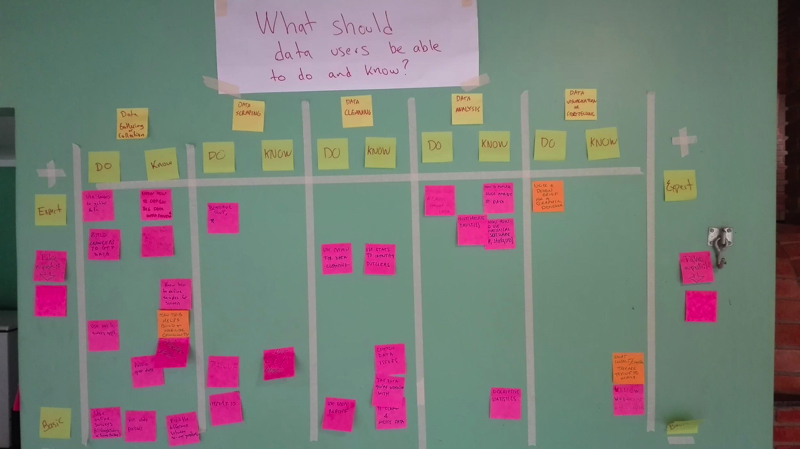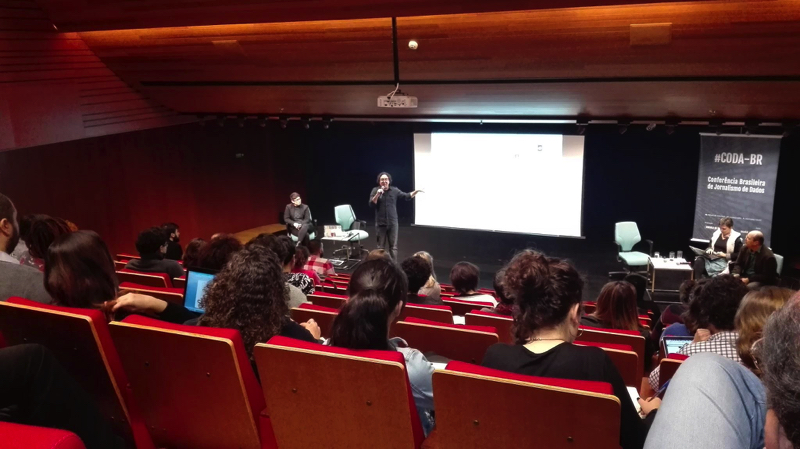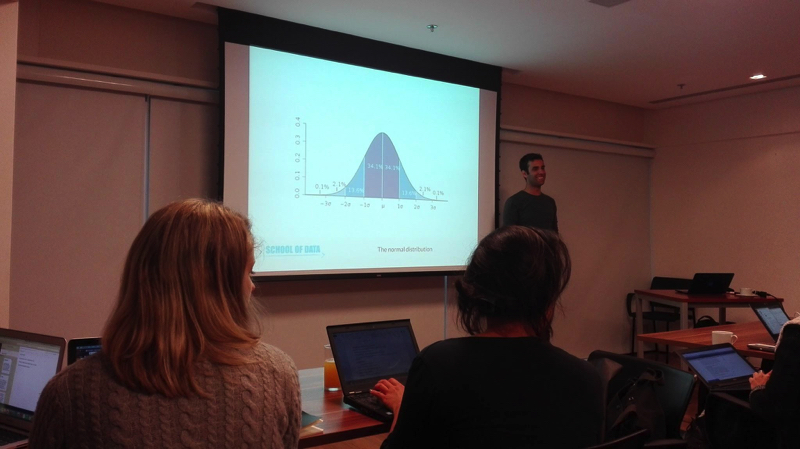Feedback from the 2016 Summer Camp: Precious
Precious Onaimo - August 16, 2016 in Event report, Fellowship
From May 15th to 21st, 40 people from 24 countries gathered at Ibúina in Sao Paulo, Brazil, for the 2016 School of Data Summer Camp. Precious Onaimo, a 2016 School of Data Fellow from Nigeria, shares his thoughts about the event.

Aerial view of venue for Summer Camp 2016, Ibiuna, Sao Paulo, Brazil
Amidst Sao Paulo, Brazil’s alleged presidential fiscal irregularities scandal and the ravaging Zika Virus global health concern was a serene gathering of data literacy practitioners. They convened in Brazil at the occasion of the yearly School of Data Summer Camp.
As it is the goal of School of Data to enlist new data Fellows into her global family of data journalists, 10 Fellows from 9 countries and 3 continents were among the enthusiastic audience that gradually trickled into the beautiful and peaceful reserve that would be the venue of the 2016 Summer Camp with heightened expectations of an educative and refreshing data journalism seminar.
The first School of Data Summer Camp took place in 2014. It is an occasion for School of Data to evaluate the activities of the previous year and develop blueprints for the next year. And of high priority amongst the yearly goals for School of Data is the data literacy training for the newly inducted Fellows. In the mornings, the School of Data Summer Camp 2016 attendees were divided into two tracks:
- The Governance Track
-
The Fellowship Track
The Governance track consisted of representatives of member organisations of the School of Data network, former Fellows, members of the School of Data Steering Committee, Marco Tulio Pires, School of Data Programme Manager and Dirk Slater, the official event facilitator. Participants held several sessions dealing with administrative and oversight duties for the year 2016 and finally elected the Steering Committee who would be saddled with oversight function for the year 2016 / 2017.
The Fellowship track comprised all the new Fellows – Nika, Omar, Malick, Danny, Ximena, Kabu, Raisa, Vadym, Paul and myself, representatives from Fellowship partner organisations (Katarina, Tin and Sergio), senior Fellows and some members of the School of Data coordination team (Cedric, Katelyn and David). To get us equipped for the task of promoting data literacy, and informing public debate and policy through data journalism in our respective countries, the track facilitators organized series of data skill training sessions. Some of the topics developed during these sessions included: “Community Mapping How to”, “Setting Fellowship Roadmaps”, “School of Data’s Data Pipeline”, “Event Planning and Anchoring”.

School of Data’s New Data Fellows
During the afternoons, everyone took part in the Data Literacy track which was filled with additional training sessions. These included sessions such as ‘How to sell your Ideas’, ‘Responsible Data’, ‘Impact Assessment’, ‘Offline Data Collection’ and ‘Simple Statistical Analysis’.
These sessions trained me on how to convincingly sell my development ideas or initiatives to relevant stakeholders by concentrating on how the suggested initiative would help them save money, save time or make money, make time. Ability to attach cost saving analysis to discussions or argument makes a far reaching impression on the minds of listeners. Impact assessment, another skill that I learned about in these sessions, helps a project manager evaluate the effect a project would have on the intended community based on the opinions and preferences of the target audience. This is done by a series of iterative developmental feedback assessment from the target community. This approach would ensure that the project properly reflects the needs of the community and ensures its continued relevance and sustainability.
At the end of the 5 days, we had our heads filled with new data skills to be transferred to a diverse audience in our respective countries. We also left the camp with lingering memories of newly formed friendships, bonds and networks that would last a life-time.

Bottle time with friends
Saturday May 28, 2016, as part of an educative summit organized by Escola de Dados (School of Data Brazil), facilitators from almost all journalistic realms came for one day to Sao Paulo to share their experiences, skills, knowledge, challenges and failures with a very enthusiastic audience. Though major parts of the programme were conducted in Portuguese, which were consequently not accessible to the Anglophone audience. A few sessions however, were conducted in English including Introduction to R Programming, Advanced Statistical Analysis and Data and Digital Security.
Looking back at the many events of this Summer Camp, I will remember the very educative and informative Fellowship sessions, the “all-eyes-on-you” morning go-arounds anchored by Dirk, the different but surprisingly delicious meals, the chilly cold mornings and the enchanting Escola de Dados summit. So worthy of mention and appreciation is the hard work, careful planning and forethought of Marco, Natalie and Meg (the invisible hand) in putting together this very memorable event. Once again, “Thank you!”
Summer Camp 2016 has come and gone but its values and ideals continue to grow.


